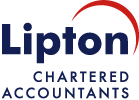Book keeping/Accounts
You will need to keep books/accounting records for several reasons including helping you to run your business effectively and efficiently. You need to keep track of sales, debtors (money owed to you), costs, creditors (money owed by you), cashflow [very important, many profitable businesses fail because they run out of funds], stock levels etc and most importantly, profitability. You will also use these records to prepare your accounts figures to include on your tax return.
Book keeping can be relatively straight forward and there are numerous accounting packages for small businesses eg VT, Sage etc. We recommend the use of accounting software if you are VAT registered because of the phasing out of paper VAT returns and the facility to file the VAT return online from within the software.
A spread sheet can also be used for “cash based businesses” ie businesses who get paid upon issuing an invoice, so that they do not need to keep track of outstanding, unpaid sales. We provide a spread sheet to our clients, although do not recommend spread sheets for VAT registered businesses.
Accounting records must be kept for 6 years.

